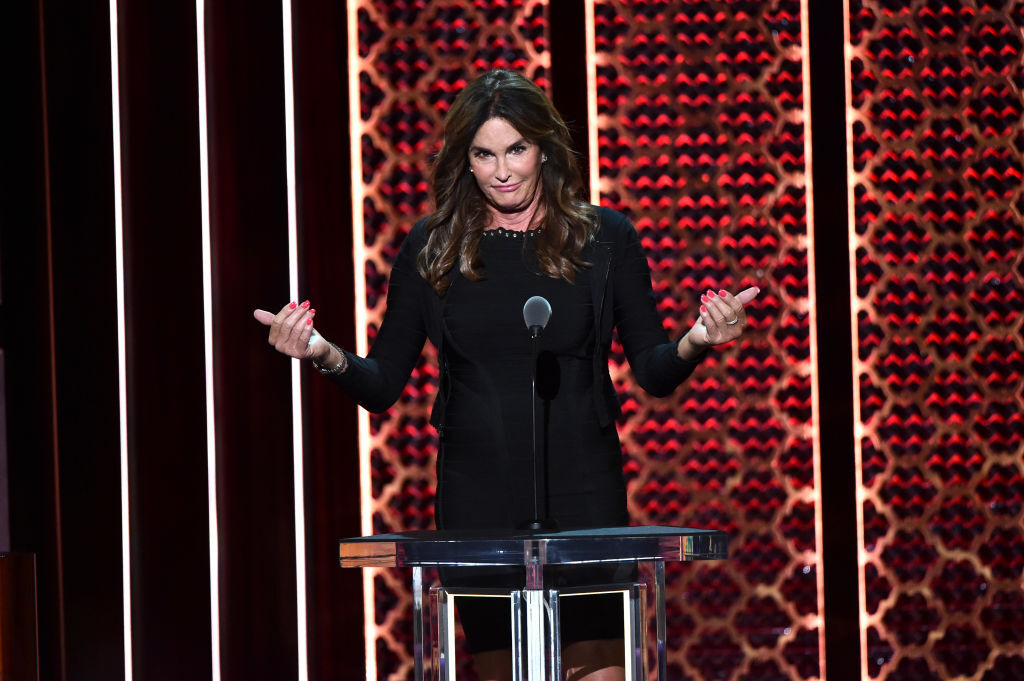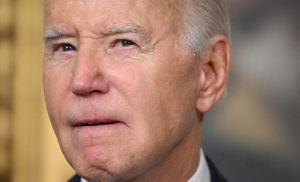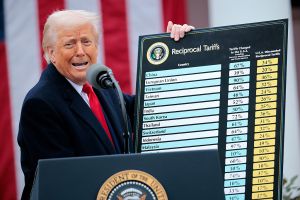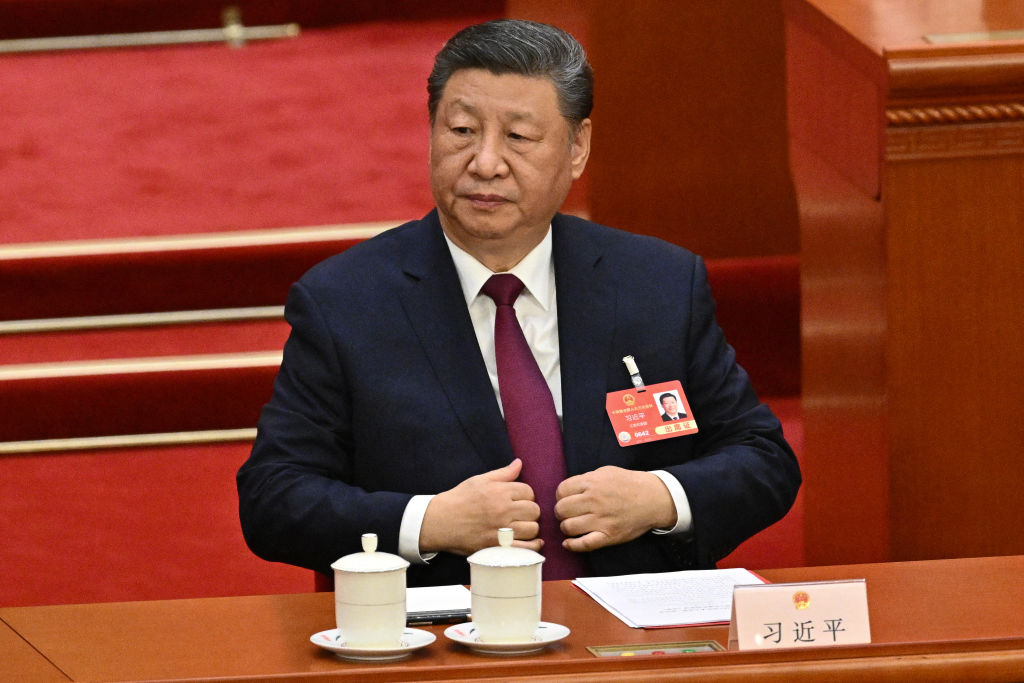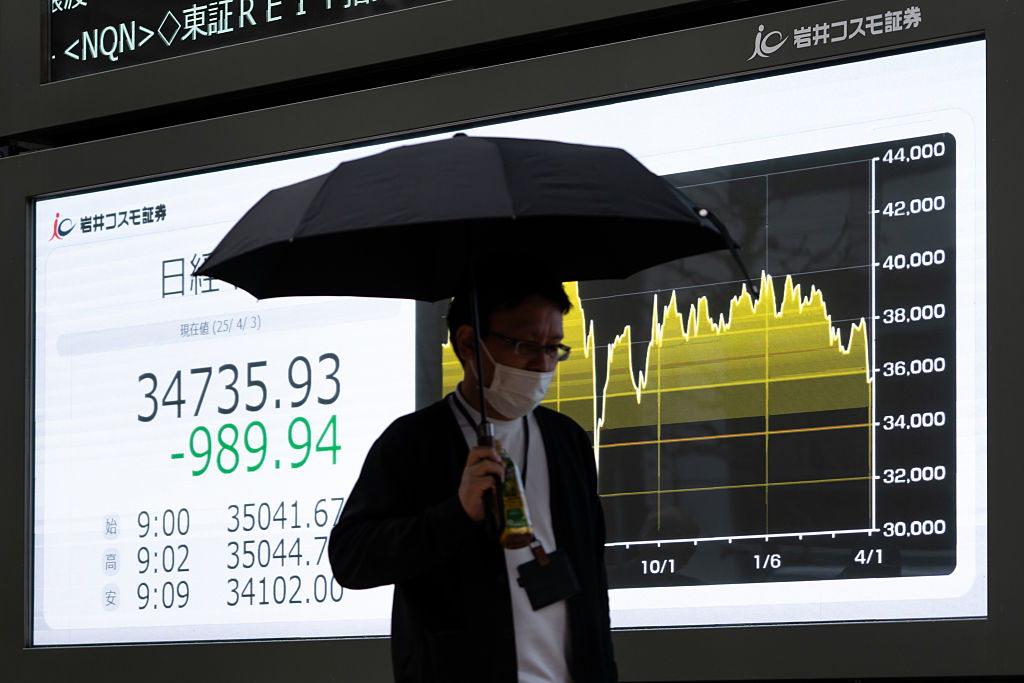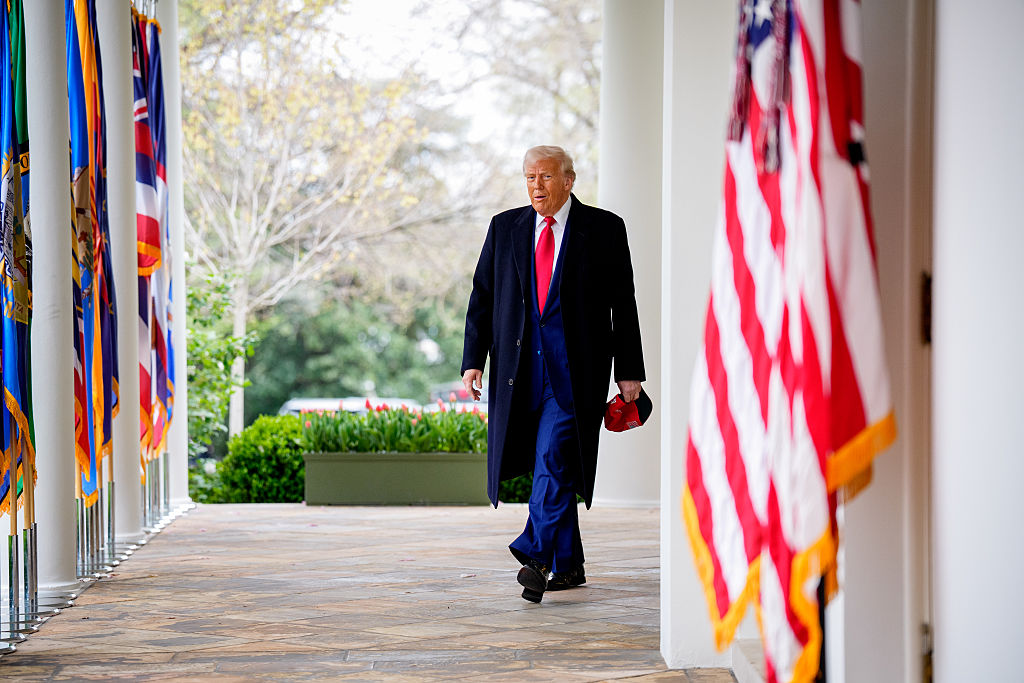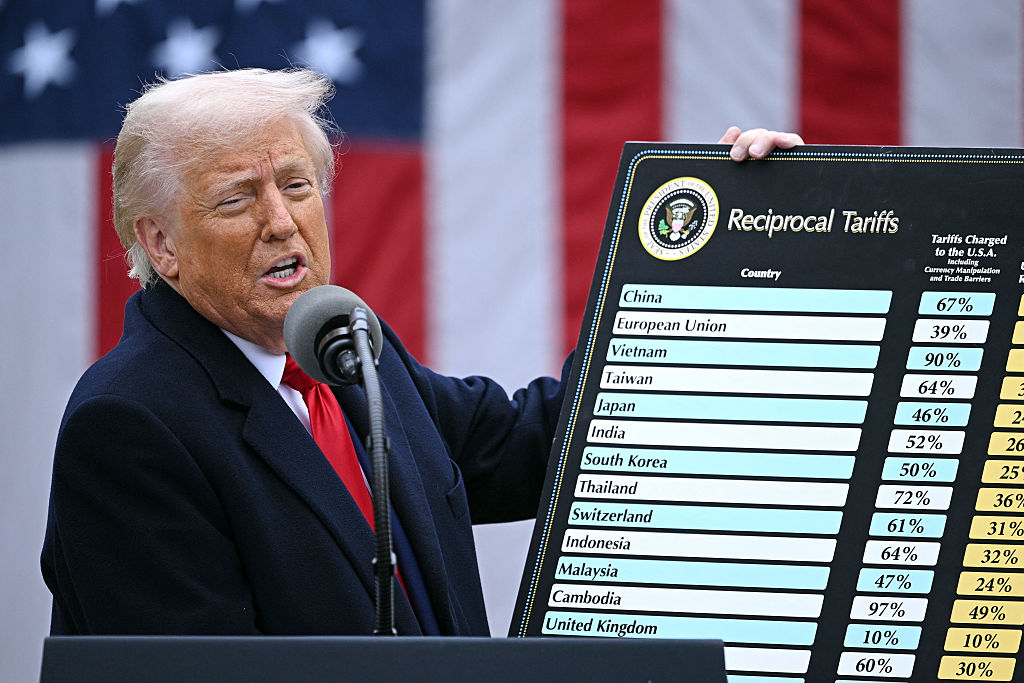The instinct to admire and celebrate is as basic to the human psyche as the instinct to worship, to which it is related. In monarchical and aristocratical ages fame came from status and power; the most admired people in society were kings and queens, other royals and military heroes. In the bourgeois-republican age they were statesman of high rank, military men, political authors, poets, popular novelists, the prime donne and primi uomini of the theatrical and operatic stages, and prominent figures in high society. In the modern democratic age they are liberal politicians, best-selling novelists, pop singers, film and television stars, and fashion models: a downward progression that traces the steady descent in the public appreciation of human value and quality.
The progressive democratization of liberal society has much to do with this. So does the nationalization and homogenization of popular culture, especially the performing arts, that modern electronic and digital techniques make possible. And so does the sexual revolution of the 20th century — the 1960s particularly — that further glamorized famous people by hypersexualizing them. Power and status by themselves no longer confer fame; physical attractiveness, performing talent, the ability to inspire envious fascination among the masses, and — above all — the relentless publicity that guarantees unflagging public visibility do. Thus fame as the world had known it from the beginning of history gave way to celebrity, its cheap and insidious contemporary equivalent.
Mass man is obsessed with the lives of the new celebrity class in which he takes a minute and consuming interest, beginning with the sexual activities and proclivities of its members and running up to their thoughts and ideas, no matter how trivial — the more trivial the more satisfying to him, in fact. The celebrity culture developed from the wide expansion of the institutions of postsecondary education and their steady liberalization and politicization that began in the 1920s. Most of the postwar celebrities in the entertainment business, like their historical predecessors, had little formal education; a circumstance that encouraged them to place excessive value on academic learning and to ape the ideas and attitudes of their colleagues in a small hermetic society who did. Of these the majority in the late Forties and Fifties were New Deal liberals and communists. In the Sixties, the members of this little world competed with one another to be recognized as the most chicly radical and the most radically chic of them all. So far as the general public was aware of this tendency, it was often uncomfortable with celebrity leftism — but not nearly enough to overbalance the extent to which leftist views and activism endeared the new elite-in-formation to its better educated and socially positioned betters. Further, following the radicalized Sixties the political mood on the left softened, or at least became less raucous and obnoxious. And so ordinary people began to imagine that a powerful brain, a natural competency in public affairs, and a firm grasp on a higher wisdom are inherited along with good looks and artistic talent. Worse, celebrities had already come to that conclusion themselves. Had not Ronald Reagan, a B-grade cinematic thespian best known for costarring with a chimpanzee, gone from making bad movies to becoming governor of California and later president of the United States?
By far the greatest revelation for the celebrity class occurred three decades later when Donald J. Trump ran for the presidency — and won. Trump, of course, was a celebrity in the accepted sense of the word by avocation only: someone whose dabble in televised reality shows was ancillary to his career as a powerful real estate mogul. Still, he was a bona fide performer who went into politics and beat out the professional politicos in the first election he ran in. Since that noble and notable victory, the list of major celebrities in the United States — among them Oprah Winfrey, Meghan Markle, Caitlyn Jenner, Kanye West, Arnold Schwarzenegger, Mark Cuban — who have considered running for president, or at least trying for a loud splash in the pool of politics, has lengthened impressively. This development, however bizarre it may appear to normal people, shows how far American society has been transformed in recent years by the twin forces of extreme politicization and rampant narcissism. In his own mind, every celebrity fancies himself or herself as a Philosopher King- or Queen-in-Waiting. The thing is inevitable in a world where the fame that flowed from power has been replaced by one where power flows from celebrity.
Fame interested and often fascinated the common herd during premodern eras. Celebrity positively obsesses the mass man of our own time. This is due partly to electronic technique and to the shiny and expensive toys technique has made possible for distribution on the mass scale. But it has still more to do with mass contemporary boredom and the postmodern disconnection from other people, from the natural world and from metaphysical reality; with abstraction, alienation, anomie, atomization, quiet desperation and the latent hysteria that lies just beneath the surface of postmodern life. This explains, perhaps, why relatively few politically ambitious celebrities come from the world of sport which, despite its intense commercialization, monetization and professionalization, remains a healthy, wholesome and human world, vitally engaging at the human level. It explains too, I suspect, why celebrated athletes, despite being millionaires and billionaires with sufficient personal capital to field and fund a political campaign, and despite working in a field where professional proficiency fades with youth, have not so far succumbed to King-in-Waiting Syndrome by announcing their candidacies for this, that, or the other political office. (Can one imagine Tiger Woods running for president following his recovery from severe injury in a car wreck that may compromise his proficiency at golf? Or Tom Brady? Or Patrick Mahomes? Or Mookie Betts? While nothing is impossible, certain things can certainly be very surprising.) Professional athletes are, essentially and in the most healthy sense of the term, little boys at heart; and the vast majority of little boys who say they want to be President of the United States when they grow up abandon that unhealthy fantasy before the age of 12 and grow instead into fully-developed little boys, not the humanly underdeveloped big ones that most politicians are.
Celebrities are not a cultural achievement or adornment of any country. Fame was a symbol of national, as well as of personal, achievement. Celebrity is a symptom of the degeneration of a nation and its citizens into unseriousness, triviality, fantasy, and personal and collective neurosis.
This article was originally published in The Spectator’s May 2021 World edition.



